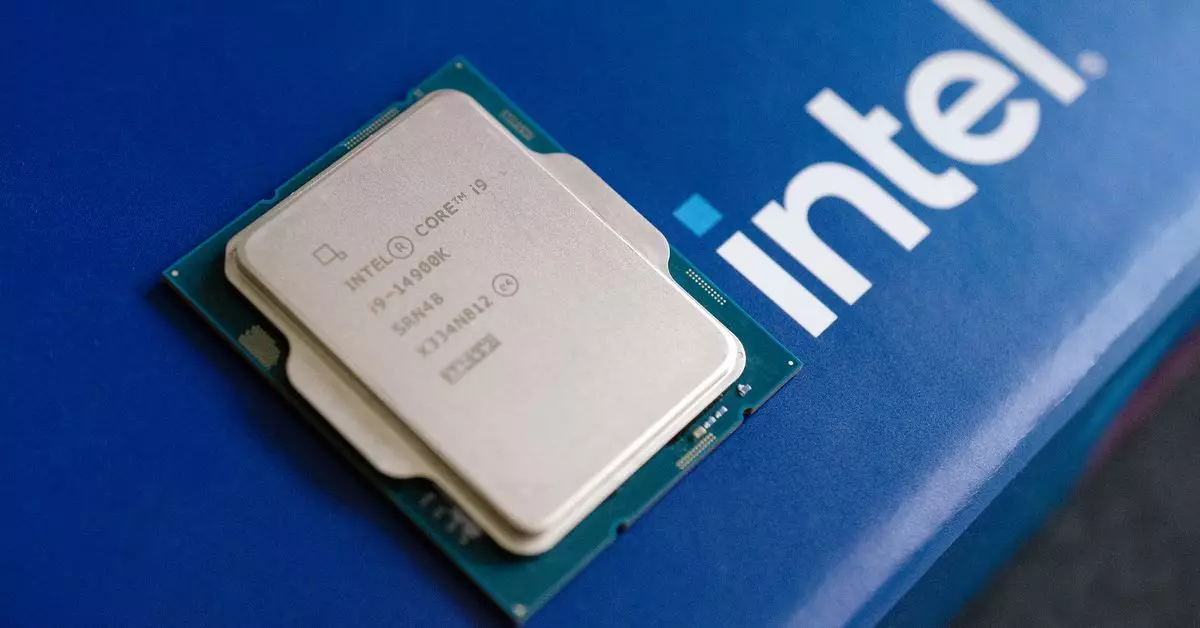Intel’s recent announcement regarding urgent microcode updates for its 13th and 14th Gen Raptor Lake processors has raised concerns among desktop PC users. These microprocessors, touted for their performance, are now linked with potential risks that could severely compromise system stability. The revelation that these chips could become permanently damaged if not addressed promptly is alarming for both consumers and manufacturers alike.
The new microcode update, designated as 0x12B, aims to tackle one of the underlying causes of this instability: the CPU’s tendency to draw excessive power while idle or under minimal load. This mismanagement of power can lead to premature aging of the chips, ultimately resulting in system crashes and potential hardware failures. Although this latest fix does not retroactively address processors that are already exhibiting symptoms of damage, it represents a proactive step for new and existing users who are experiencing stability issues.
Intel has indicated that motherboard manufacturers will require several weeks to validate and distribute the BIOS updates influenced by this microcode. This extensive timeline may cause unease for many who are eager to ensure their systems remain secure and operational. Nevertheless, users are encouraged not to wait passively for updates; prior BIOS releases have included earlier corrective measures designed to mitigate the risks associated with these power issues.
Moreover, it is essential for users experiencing immediate problems to avoid dwelling on BIOS updates and instead pursue warranty claims. Intel has established special extended warranty protocols for affected products, an assurance that should not be overlooked. Consequently, consumers are advised to reach out directly to Intel or their PC providers if they encounter crashes, ensuring that they receive the support they deserve.
Despite the seriousness of this situation, Intel has remained tight-lipped about the extent of the impact on Raptor Lake processors. Queries regarding the number of affected chips or specific batches prone to previous oxidization issues have gone unanswered, leaving consumers in a state of uncertainty. Furthermore, while Intel asserts that their laptop chips do not suffer from similar instability, reports from the field have suggested otherwise. This inconsistency raises questions about the company’s transparency and commitment to consumer safety.
As the dust settles, it is evident that Intel’s reputation is on the line. The implications of this crisis extend beyond immediate customer dissatisfaction; they also encapsulate larger trends in technology manufacturing and quality assurance. Consumers demand accountability from major players in the tech industry, particularly when hardware reliability is paramount.
Intel’s proactive measures with microcode update 0x12B signal a commitment to addressing the problems associated with its Raptor Lake processors. However, the full impact of these issues remains unclear, and consumers must remain vigilant. Those affected should act swiftly, utilizing warranty options and maintaining communication with Intel and their hardware vendors. As the situation develops, stakeholders will need to closely monitor updates and strive for greater transparency to safeguard user interests moving forward.


Leave a Reply